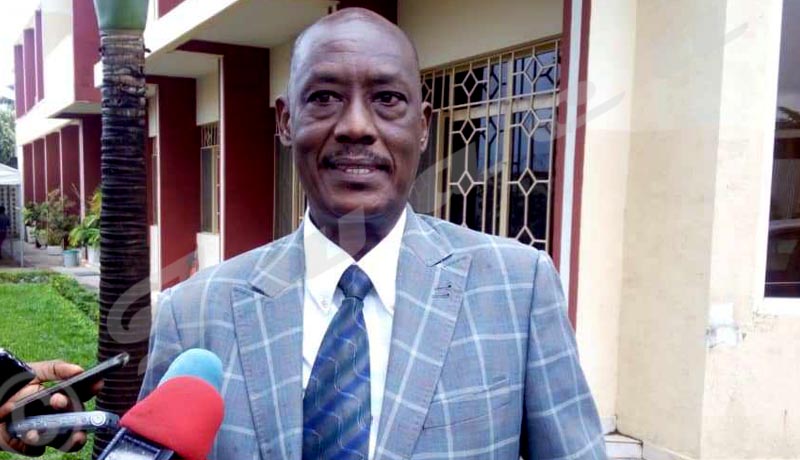On the occasion of the celebration of child rights and the 29th anniversary of the International Convention of the Rights of the Child on November 20, the federation of associations engaged in the defense of Child rights –FENADEB deplores the deterioration of rights of children in Burundi.

Gaudence Aimé Kabuyenge: “Parents should also be more involved in the protection of their children”
Gaudence Aimé Kabuyenge, FENADEB consultant says the current poverty situation doesn’t allow children to develop as usual. He also says their mindset doesn’t progress and continues to deteriorate. “Many children drop out and face forced labor, sexual exploitation and premature weddings. Moreover, the sexual abuses that they experience remain unpunished due to the social and political crises,” he says.
“The civil war which lasted for ten years from 1993 and the political crisis that erupted in 2015 worsened the situation”, says Kabuyenge adding that the economic, social and political situations that undermine Burundi have negative consequences on children’s rights.
According to him, out of 11 million Burundians, a half of them are made up of children. The fifth of them are orphans and a third of their parents died due to HIV/AIDS.
He also says Burundi government has established several juridical and institutional tools which aim at protecting children but the lack of sufficient funds remains a big challenge. “Burundi government provides at least 20% to the social affairs through the national budget,” he says.
For him, the government must take the first step and other institutions should follow. He also says parents should also be more involved in the protection of their children.
Martin Nivyabandi, Minister of Human Rights, Gender and Social Affairs says efforts have been made to improve the rights of children since the International convention on Children rights was signed. He refers to the ongoing campaigns to fight against the neglect of children and the registration of delayed declaration of children at the civil registry and the withdrawal of children from the streets in the country. “Even the provincial and communal authorities are more involved in the integration of orphans and other vulnerable children into their development plans,” he says.



















 IWACU Open Data
IWACU Open Data

